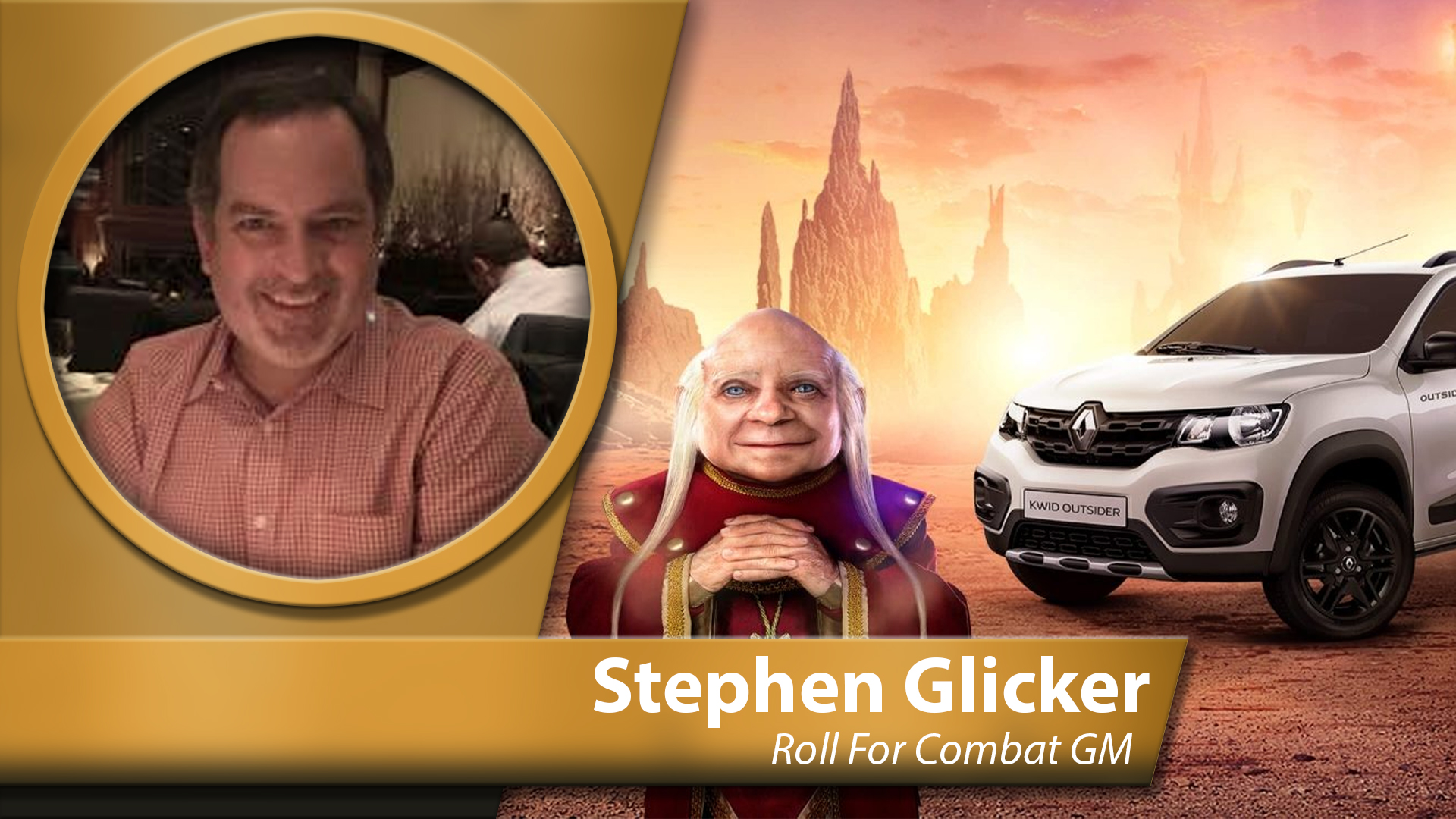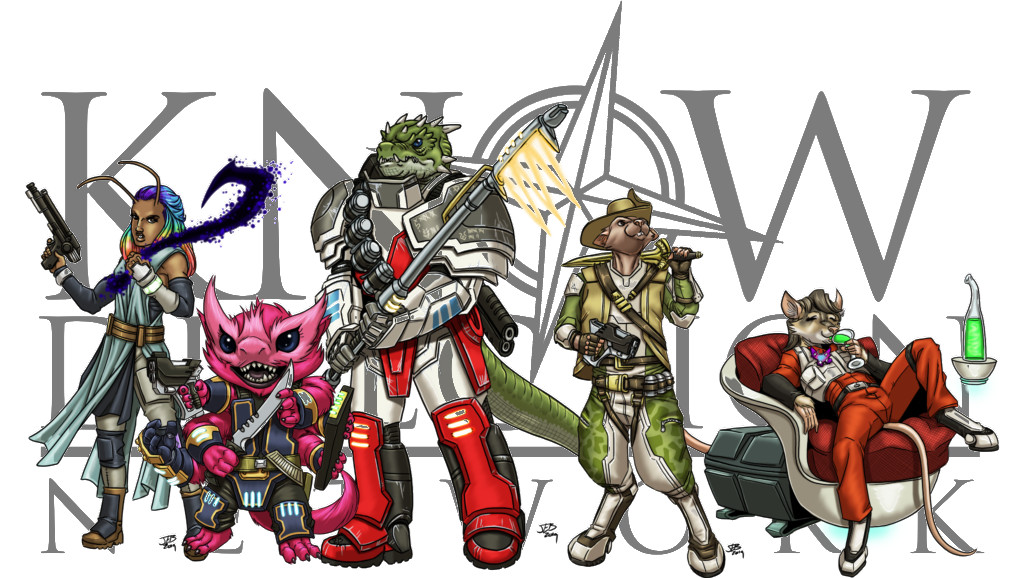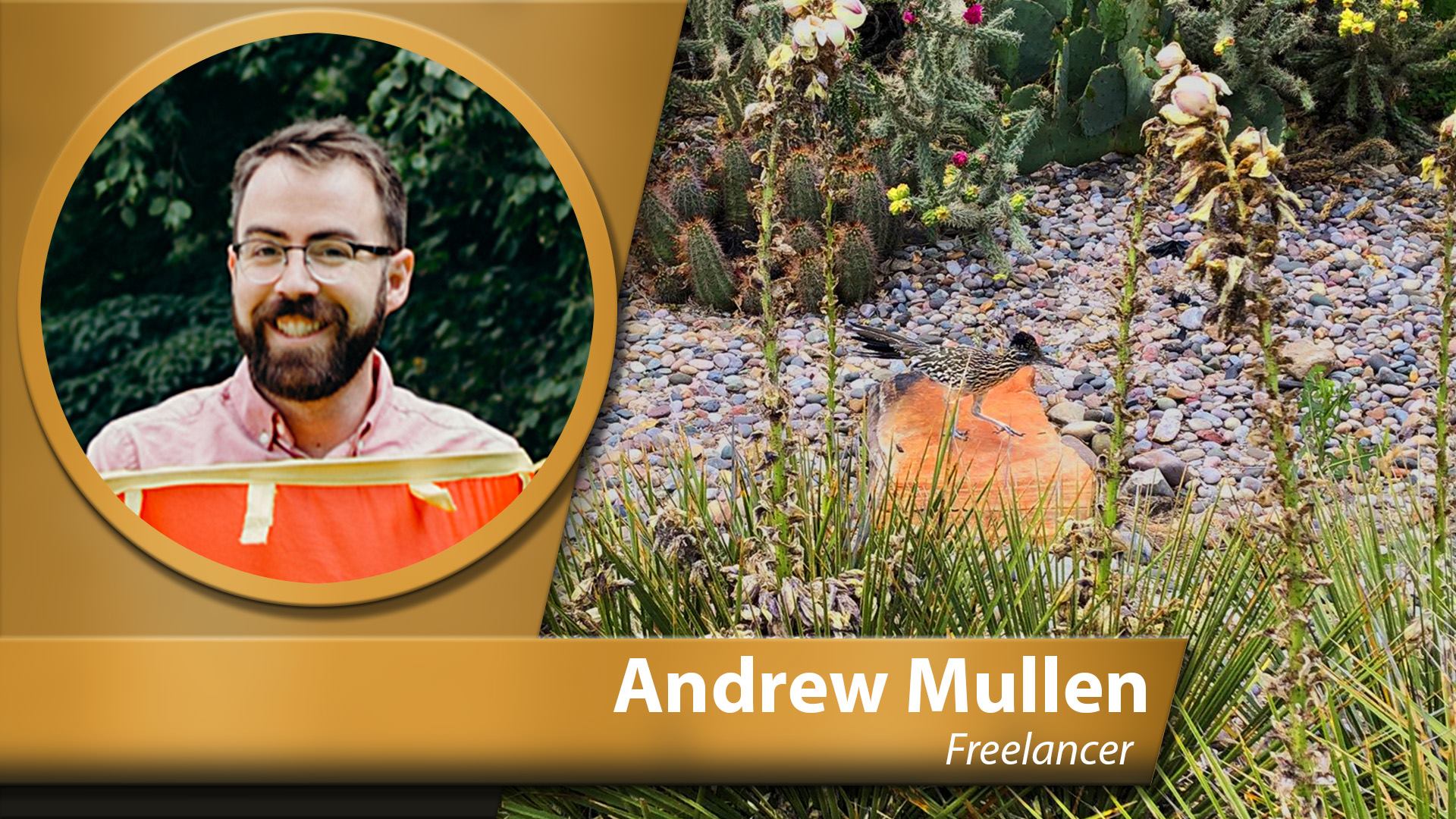By Stephen Glicker
I’m not exactly sure when “it happened.”
Perhaps it was in 2004 when Lord of the Rings: The Return of the King swept the Oscars.
Perhaps it was in 2016 when Stranger Things exploded into the worldwide zeitgeist, with its celebration of 80s culture and Dungeons & Dragons.
Perhaps it was earlier this year when Avengers: Endgame culminated 11 years and 21 films and became the highest-grossing movie of all time.
Or perhaps it was just last week when Wendy’s released a surprisingly well-developed tabletop RPG based around fast food conventions.
Whenever “it happened,” there is no denying it.
The Nerds Won.
Geek is mainstream, and Dungeons & Dragons is no longer a dirty word whispered behind closed doors.
When AEW wrestler Maxwell Jacob Friedman – also known as just MJF – tweeted a selfie last month stating, “I don’t play dungeons and dragons” the retaliation was swift and overwhelming. Not only did thousands of everyday people and genuine celebrities come to the defense of D&D, but the media itself also defended D&D and geek culture. They stated that MJF was using an outdated and offensive stereotype about D&D players and tabletop gamers. It was a powerful testament showing how far Dungeons & Dragons and tabletop gaming has come from the clichés of old.
So, we finally won after decades of living in the shadows and being the punching bag for jocks and “normal people” alike.
The Nerds Won.
Great … now what?
Growing up Geek
I consider myself lucky as I was those kids in Stranger Things. My room was packed full of “action figures” and handheld video games, I rode my bike everywhere, and we would play role-playing games for hours at a time.
I grew up alongside the birth of Dungeons & Dragons, video games, Star Wars, the computer revolution, MTV, and the best damn movies ever released. It was a wonderful time to be a kid, if not confusing as hell. Somehow my favorite hobby was being both celebrated – a Dungeons & Dragons Saturday morning cartoon! – and vilified – Jack Chick’s wildly popular Dark Dungeons cartoon depicting Dungeons & Dragons leading directly to Satan worship!
Geek culture was a central part of my childhood, and happily embraced by all my friends, yet our beloved hobby was heavily regulated to “kids,” “losers,” “geeks.” We were considered strange outsiders with “nerdy” obsessions. If one of us tried to break out of our geek prison we were shunned with labels, or worse, decried as devil worshipers during the “satanic panic” of the 1980s. We something to be looked at and mocked, but if you tried to bring “that game” into the mainstream, people were genuinely terrified.
Dungeons & Dragons, and anything associated with gaming, in general, was being depicted as dangerous, something to warp young minds and lead them into the hands of “the devil.” It was a time when kindergarten teachers were accused, and convicted, of satanic ritual abuse, and D&D was a gateway to this.
Of course, we all knew what was being said about us and our hobby was silly, but it was infuriating trying to get past the headway “D&D is evil” popular mindset while touting our favorite game to some of my friends … and their parents.
Back when I was twelve, one of my friends was begging his parents to play D&D with us, but his mother wanted to see what this “D&D was all about” and insisted on sitting in on a game. After about 10 minutes, she got up and said, “You’re telling stories and doing math? What was 60 Minutes talking about?” She left with a confused expression on her face.
For the most part, we were left alone to our nerdy endeavors, and after a few years the media moved on, the Dungeons & Dragons cartoon was cancelled, yet we were still labeled as “geeks” and “losers” forever.
But I wouldn’t trade my childhood for any other decade.
Two Tragedies
In high school in my American History class, there were dozens of famous quotes plastered on the walls. I would stare at those quotes during the more boring lectures, but there was one that stuck with me.
“There are only two tragedies in life: one is not getting what one wants, and the other is getting it.”
Oscar Wilde
I would think about this quote nearly every day throughout high school, as so much of my life was filled with hobbies and activities seen as “nerdy.” I would play Dungeons & Dragons on a near-weekly basis, I was heavily into computers, I would read fantasy books religiously, and playing video games took up a large portion of my free time. I would lament to my friends, “why are these things seen as ‘nerdy’?” I would wish that others could see the joy and happiness these activities brought myself and my friends.
Why exactly we wanted others to be aware of the joy these hobbies brought us, I’m still not sure. Perhaps it was just trying to dispel the negative myths surrounding our beloved hobbies. Perhaps it was trying to erase the “kids-stuff” label. Or perhaps I was trying to fit into “proper” society. Whatever the reason, we continued to play our games, enjoy our geekdom in the shadows, and be looked upon as others as something strange.
But then, something unexpected happened.
We grew up.
I Have The Power!
A child of the 80s meant an adult of the 90s. And with adulthood, we were entering the workforce and rising to positions of power. Slowly, we were starting to change the media landscape. The X-Files made aliens, conspiracies, and “geeky” endeavors almost cool. The Matrix melded computers and action, and legitimately made geek very cool. And there was the rise of the perfect technology which turned everyone into a geek overnight, the rise of the Internet.
The children of the 80s became the executives of the 90s, and with us, we brought our childhoods, our loves, and we slowly used our influence to spread the gospel to the outside world. The 90s is when the seeds were planted, but it was the 2000s when geek culture took over with a vengeance.
The Lord of the Rings movies were a cultural and financial juggernaut. Harry Potter was second only to The Bible in terms of worldwide sales. And the geeks who were once seen as oddballs and outsiders were transformed into titans of industry – the richest and most powerful people in the world were all geeks and someone everyone wanted to be when they grew up.
The meek had indeed inherited the earth.
If it had ended there, I would have been happy. All I was looking for was acceptance and a general understanding of the hobbies that we all loved. But no, it didn’t stop. If anything, it accelerated.
D&D Is Cool?
I don’t need to tell you what happened next as we are currently living it. Marvel went from a bankruptcy to the largest film and tv franchise in history (and is still going). Star Wars came back and oversaturated the cultural landscape. And Dungeons & Dragons and role-playing became “must-see TV.” Millions of people would watch others play D&D both over the internet and in-person? Never in my wildest dreams would I ever expect role-playing games to become as popular as they are now.
I somehow went from “geek, loser, whatever” to “the cool kid.” I used to be embarrassed about my hobbies and lifestyle, yet somehow, I’m now the most popular person at parties.
“Hey Stephen, can you help me with my iPhone?”
“Hey Steve, what are some good video games I can get my kids?”
“Hey Stephen, how can I get into D&D?”
Geek has become so mainstream that everyone is a geek. We became the creators and set the cultural tone for a generation. It’s our world now.
But by doing so, the tables have turned. We have aged into a lucrative demographic, and now our niche passions have become the passions of the world. Everywhere we turn, we see our hobbies throughout the media landscape. What was once an escape has now become mainstream. I have long conversations with my non-geek friends about Game of Thrones, every movie seems to be a superhero movie, and don’t even get me started on Disney and their attempt to groupthink the world into Star Wars.
To quote The Incredibles, “When everyone’s super, no one will be.”
How I Learned to Stop Worrying and Love the Geek
Which brings me back to my favorite quote:
“There are only two tragedies in life: one is not getting what one wants, and the other is getting it.”
Oscar Wilde
Did I get what I wanted in the long run? Yes. And way more. But is it a tragedy?
In some ways it’s a bit annoying that what I considered special and rare as has become overwhelmingly mainstream. Going to Comic Con used to be a fun event attended with my friends. Now it’s, epic battle of online ticket stalking, hotel scrounging, and line-waiting.
But yet, I think back to when I was a kid, and my parents were mildly worried about my hobbies. I would spend a bit more time than others inside the house rather than playing outside. I would be locked in front of my Apple II+ programming, or playing D&D with my friends, or reading fantasy novels. My parents would sometimes be a bit concerned, but I would tell them not to worry. I wasn’t out drinking or doing drugs like so many other kids my age. And what I was doing was harmless fun. That seemed to please them, and they left me to my devices.
Today I run a multi-million-dollar company that builds Fortune 500 web sites, most of my favorite books and comics have been transformed into blockbuster movies, and I still play video games with millions of others online. My hobbies made me who I am today, as well as millions of others along the way.
And it turned out that we were right all along.
What will the future hold? Who knows? At this point, I say enjoy the time in the spotlight, enjoy your hobbies out in the open, be “the cool geek,” all while hiding a little smirk knowing that “you” are now “one of us.”
About Stephen Glicker
Stephen started playing RPGs in the late 1970s and has been playing ever since. He sometimes will play a PC, but prefers to GM. While growing up geek Stephen fully embraced his full geek and attended Carnegie Mellon University where he studied computers and interactive graphic design. Using those skills, he was “at the right place at the right time” and started a Manhattan-based full-service digital media agency dedicated to creating web sites for Fortune 500 companies. Currently he runs and GMs the Roll For Combat podcast and web site and has developed D&D, Starfinder, and Pathfinder products for Goodman Games, Iron GM Games, and Paizo.







Cheers, excellently written!